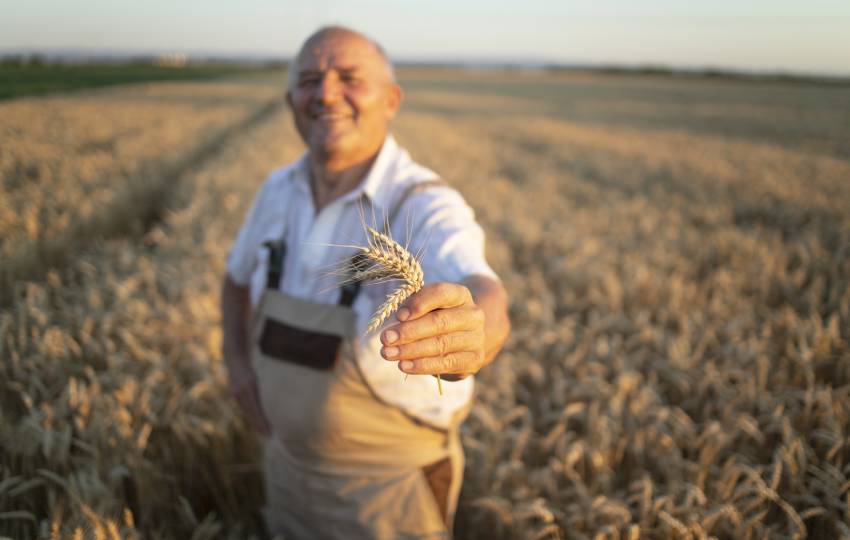iED proudly announces the Rural Treasures outputs, as it is another European project implemented successfully. The project partners’ countries were: Latvia, Czech Republic, Turkey, Great Britain, Italy, Romania, Netherlands, Spain, and Greece.
Rural Treasures: In a Nutshell
Rural Treasures is an Erasmus+ project, which initiated on October 1st, 2018. It was designed to “invest” on rural areas, by admitting people to social entrepreneurship. The goal was to deploy the cultural, societal, and environmental frame of involved parties’ locations. The design of the deployment included the exchange of good practices in an international context, which contributes to raise awareness, about rural treasures. In addition, this project promoted a more creative way of entrepreneurial thinking, in terms of the areas’ possibilities.
Presenting Rural Treasures Outputs
The first output (IO1) was about the exchange of good practices among the partners. Each of these countries presented two (2) exemplary businesses, that fulfill the profile. Namely, these businesses deployed the resources available in their area, in a more inventive manner. iED, the Greek partner, brought out enterprises that their activity revolves around Greek cuisine; and, how they make the most out of it.
During the second output (IO2), a survey was conducted regarding the subject of social entrepreneurship, in each country. The Greek survey focused mainly on the region of Thessaly. Social entrepreneurship is very active in the region, in the following sectors: cultural activities and events; local and agricultural products; social care and responsibility; health care and support; environment care; and events organization. The resources identified of the location are:
- Social Resources:
Technical assistance and mentoring to people interested on the subject of social entrepreneurship.
Human resources to support, train and consult, during the stage of development.
Provision of training in green materials and ecological care of the cultivation.
Resources that can provide socially vulnerable groups with pertinent support.
- Natural Resources:
Deployment of abandoned woods.
Deployment of herbs for aromatic or pharmaceutical purposes.
Cleaning of the beaches; and recycling of the plastic materials found.
- Cultural resources:
Organization of events, with informative profile, regarding the traditions of the area.
The development of tools in paper crafts.
In addition, the survey adds up to the development of the tourism sector, as it is a field less deployed than others. It also points out the use of technology, as a medium that will enhance the tourism industry and customer service.
Finally, a manual (ΙΟ3) was developed to explain social entrepreneurship; with the following modules:
- What is Social Entrepreneurship.
- Planning and setting up your idea.
- Management.
- Digital Marketing and Social Media.
- How to be a successful Social Enterprise.
- Finances.
- Canvas model for Social Enterprises.
- Impact Reporting.
- Help and Support.
There have been six (6) transnational meeting; three (3) out of which were online, due to the pandemic COVID-19.
Furthermore, successful training and pilot occurred, where more than 245 people participated; and, there was a certification of attendance awarded to the attendees.
A Successful Partnership – a Successful Project
Institute of Entrepreneurship Development expresses its pleasure to participate in the partnership of Rural Treasures. It has been a valuable experience, not only in terms of the consortium, but also regarding our expertise; and, knowledge on the subject.
For more information regarding Rural Treasures project, click here.
To read all the deliverables of the project that are available online, click here.

